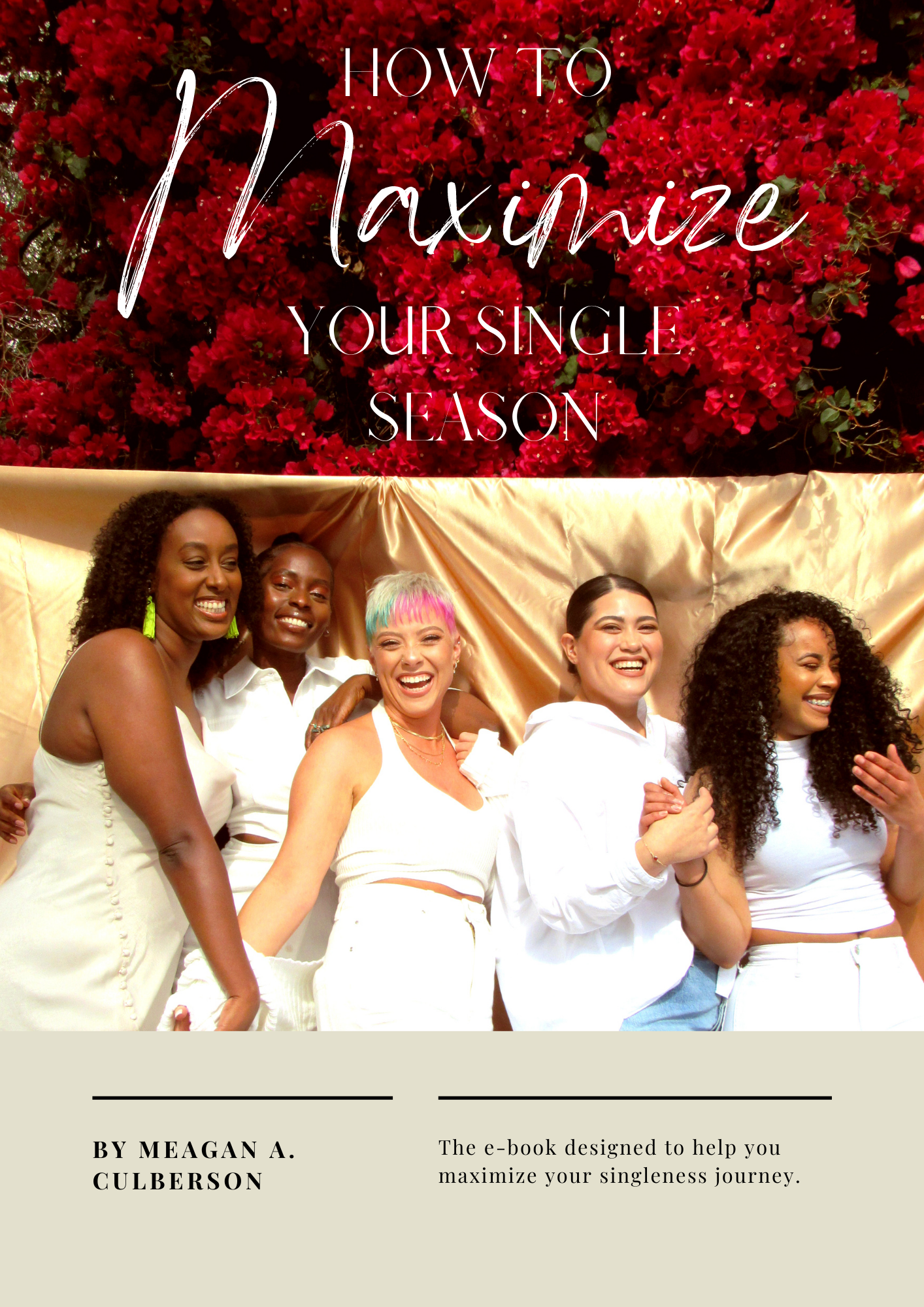How to Practice Vulnerability: A Conversation with The Racial Equity Therapist Domenique Harrison
What happens to you when you have to be vulnerable? I cringe, hunch my shoulders, and make the infamous 😬 face. My heart starts to race, my pits begin to sweat, and I reposition my flat feet on the floor to help keep myself grounded. Over the past couple of years, I have been working on practicing vulnerability in my relationships. I used to be terrified of being vulnerable with others because I’d imagine those I shared my vulnerability with would use it against me or purposefully misunderstand me, which would cause me to slip into defensive mode. I thought showing it would mean trading in my strong black woman card, which I ironically want to get rid of anyway.
As a leader of a platform for single women, it's easy to talk about the bright side of singledom, but it’s extremely difficult to talk about the dark moments. It means admitting that I, at times, experience loneliness, that the thought of dying alone crosses my mind and fills my head with fear, and not being given the opportunity to share my life with someone – even after all of the work I’ve done to develop healthier relationships in my life makes me sad. But my vulnerability inspires connection, and I want to cultivate a space where single women can feel safe to be vulnerable, too. So, to take this practice to the next level, I thought I would have a conversation with my new friend and The Racial Equity Therapist, Domenique Harrison, about how we can practice vulnerability in our relationships. The conversation was informative and eye-opening. We even got the chance to play Domenique’s card game, The Conversation Deck, which made me reflect on how I view and show up in relationships.
If you’re interested in watching the full replay–check out the video below. To read my biggest takeaways from our conversation, continue reading.
Domenique dropped major gems throughout the conversation and in the two articles she has written for the Single Girl Club platform, Embracing Vulnerability: A Holistic Journey to Authentic Connection and Healing and Unveiling the Power of Vulnerability: How it Nutures Authenticity in Relationships. Our conversation began discussing ways we can increase our self-worth, since our self-worth is indicative of how vulnerable we are in our relationships. Domenique stated that we should first start off by asking ourselves the questions:
Do I like who I am, and what’s the gap between who I am and who I want to be?
Determining the answer to these questions will help put us on the right track and give us the information we need to build up our self-worth. Additionally, she suggested that we should try something challenging because it will help us see the capacity we have to expand. Challenging can be arbitrary to you and could look like a solo dinner, learning a new skill, or, like me, moving to Mexico City for the month. She continued by saying that anxiety may show up and that it’s normal, but the more we work on our self-worth, the less anxious we will become over time.
Next, we talked about how we could express ourselves in healthy ways. I mentioned that at the beginning of my healing journey, I would become defensive when expressing myself. Domenique stated that our brain can sometimes keep us in defensive mode because it may identify our self-expression as a threat. She later suggested that the best way to learn how to express ourselves in a healthier way is to practice and gave us examples of talking with a friend, in the mirror, or writing it down. I was relieved to hear that practicing hard conversations in the mirror was normal and something that she encouraged because, for years, I thought it was a crazy thing that I did, but she assured me that I wasn’t crazy for talking to myself in the mirror. Whew!
Toward the end of our conversation, we got the opportunity to play her game. She asked me how I show compassion in my relationships, and I stated that I allow myself to be curious and ask questions to gain clarity and understanding of the other person’s perspective. Overall, it was a wonderful conversation, and I learned so much about how I can be vulnerable with myself and with others. I learned the right way to formulate an apology and that taking small risks can lead to great results.
Shop Now



